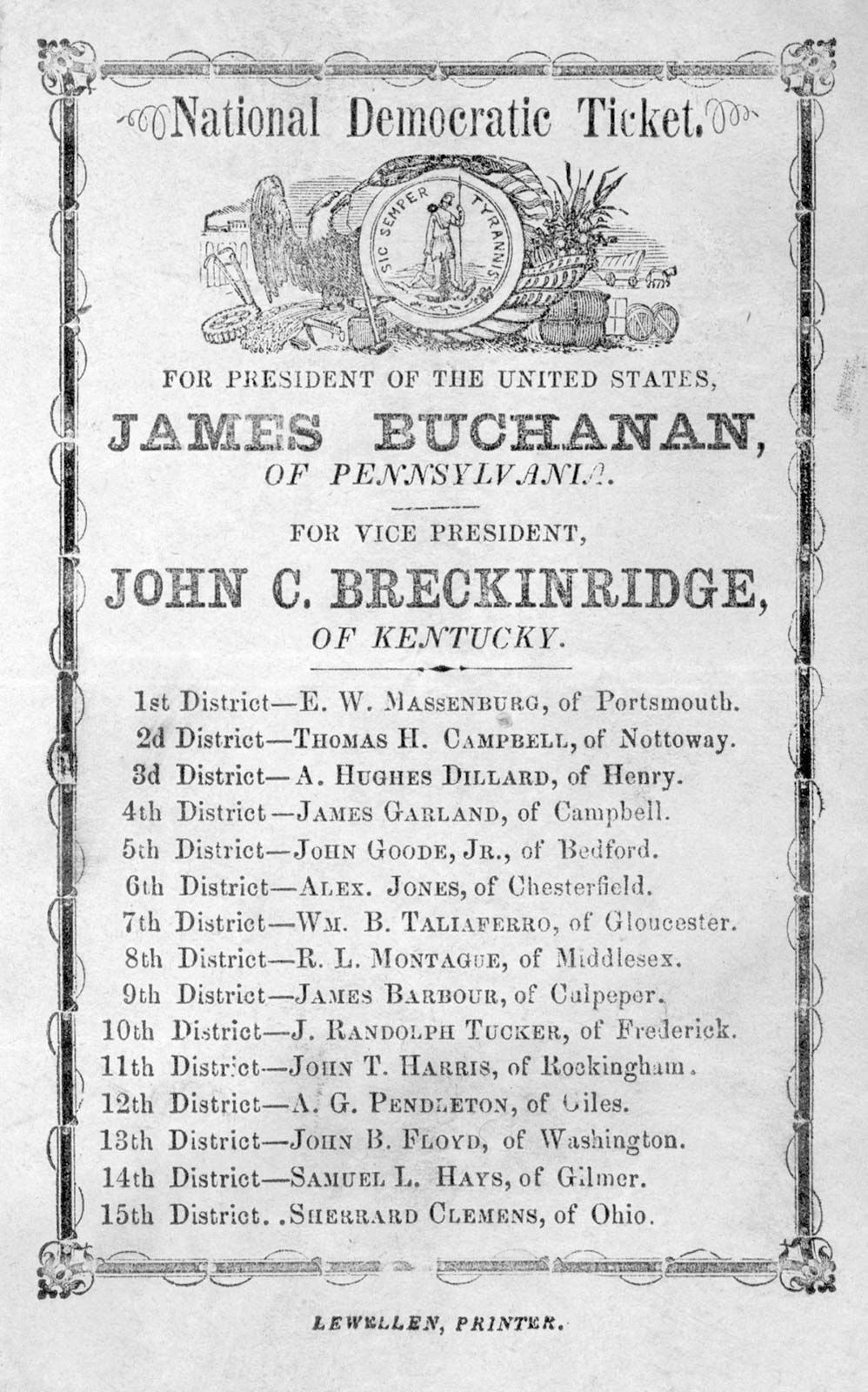John Cabell Breckinridge, born on January 21, 1821, near Lexington, Kentucky, and passing away in the same location on May 17, 1875, remains a pivotal, albeit controversial, figure in American history. His life spanned a remarkable arc, from serving as the 14th Vice President of the United States to becoming a Confederate officer during the tumultuous American Civil War. His political journey also included an unsuccessful presidential bid in 1860 as a Southern Democrat, further underscoring the deep divisions within the nation on the brink of war. John C. Breckinridge’s career encapsulates the intense sectionalism of 19th-century America.
Descended from a distinguished Kentucky lineage deeply involved in law and politics, John C. Breckinridge was the sole son of Joseph Cabell Breckinridge and Mary Clay Smith. He received a strong academic foundation, graduating from Centre College in Danville, Kentucky. Furthering his education, he pursued legal studies at both Princeton University and Transylvania University. By 1845, Breckinridge had established himself as a practicing attorney, marking the commencement of his public service career. His entry into politics began in 1849 with his election to the Kentucky state legislature, quickly followed by a significant step onto the national stage with his election to the U.S. House of Representatives in 1851. During this pre-Civil War (antebellum) era, John C. Breckinridge solidified his position as a staunch Democrat. This loyalty led to his selection as James Buchanan’s running mate in the 1856 presidential election. Breckinridge was chosen to create geographical balance on the ticket, bridging the divide between the North and South.
 1856 Democratic Presidential Ticket: Buchanan and Breckinridge
1856 Democratic Presidential Ticket: Buchanan and Breckinridge
The Buchanan-Breckinridge ticket succeeded, making John C. Breckinridge, at just 36 years old, the youngest Vice President in United States history. However, the administration faced immense challenges in the face of growing sectional conflict. Neither President Buchanan nor Vice President Breckinridge could effectively manage the escalating tensions related to slavery and states’ rights that were pushing the nation towards civil war.
The rise of the Republican Party, fundamentally opposed to the expansion of slavery into new territories, further fractured the political landscape. The Democratic Party itself split along sectional lines during the 1860 national convention. Northern Democrats nominated Stephen A. Douglas, advocating for popular sovereignty—allowing residents of each territory to decide on the slavery issue. Southern Democrats, on the other hand, nominated John C. Breckinridge. His platform demanded federal intervention to actively protect the institution of slavery in all territories. While Breckinridge maintained he was not against the Union, he firmly asserted that slavery could not be prohibited in a territory until it officially became a state.
In the contentious 1860 presidential election, John C. Breckinridge ran against Abraham Lincoln (Republican), Stephen Douglas (Northern Democrat), and John Bell (Constitutional Union). Lincoln ultimately won the election, a result unacceptable to many in the South. Following the election, and prior to the outbreak of war, Breckinridge succeeded John J. Crittenden as the United States Senator from Kentucky in March 1861. He initially advocated for compromise and peaceful resolution to prevent further division. However, the attack on Fort Sumter in South Carolina by Confederate forces in April 1861, which marked the beginning of the American Civil War, dramatically shifted his stance. Breckinridge declared that the Union was effectively dissolved and argued that Kentucky should feel free to secede, although the state initially declared neutrality.
By December 1861, the U.S. Senate formally expelled John C. Breckinridge, a symbolic act as he had already joined the Confederate army, receiving a commission as a brigadier general in November. He commanded Confederate forces in the Battle of Shiloh in April 1862 and was subsequently promoted to major general. Throughout the Civil War, John C. Breckinridge participated in numerous key campaigns, including Vicksburg, the Wilderness, and the Shenandoah Valley. In the final stages of the war, he served as the Confederate Secretary of War. With the Confederacy’s defeat, Breckinridge fled to England, entering a period of self-imposed exile for three years. Returning to the United States in 1868, he resumed his legal career in Lexington, Kentucky, where he lived until his death seven years later.
John C. Breckinridge’s life reflects the profound political and social upheaval of his time. From his early successes in national politics to his pivotal, and ultimately controversial, role in the Confederacy, he remains a significant figure in understanding the complexities of the pre-Civil War and Civil War eras in American history.

